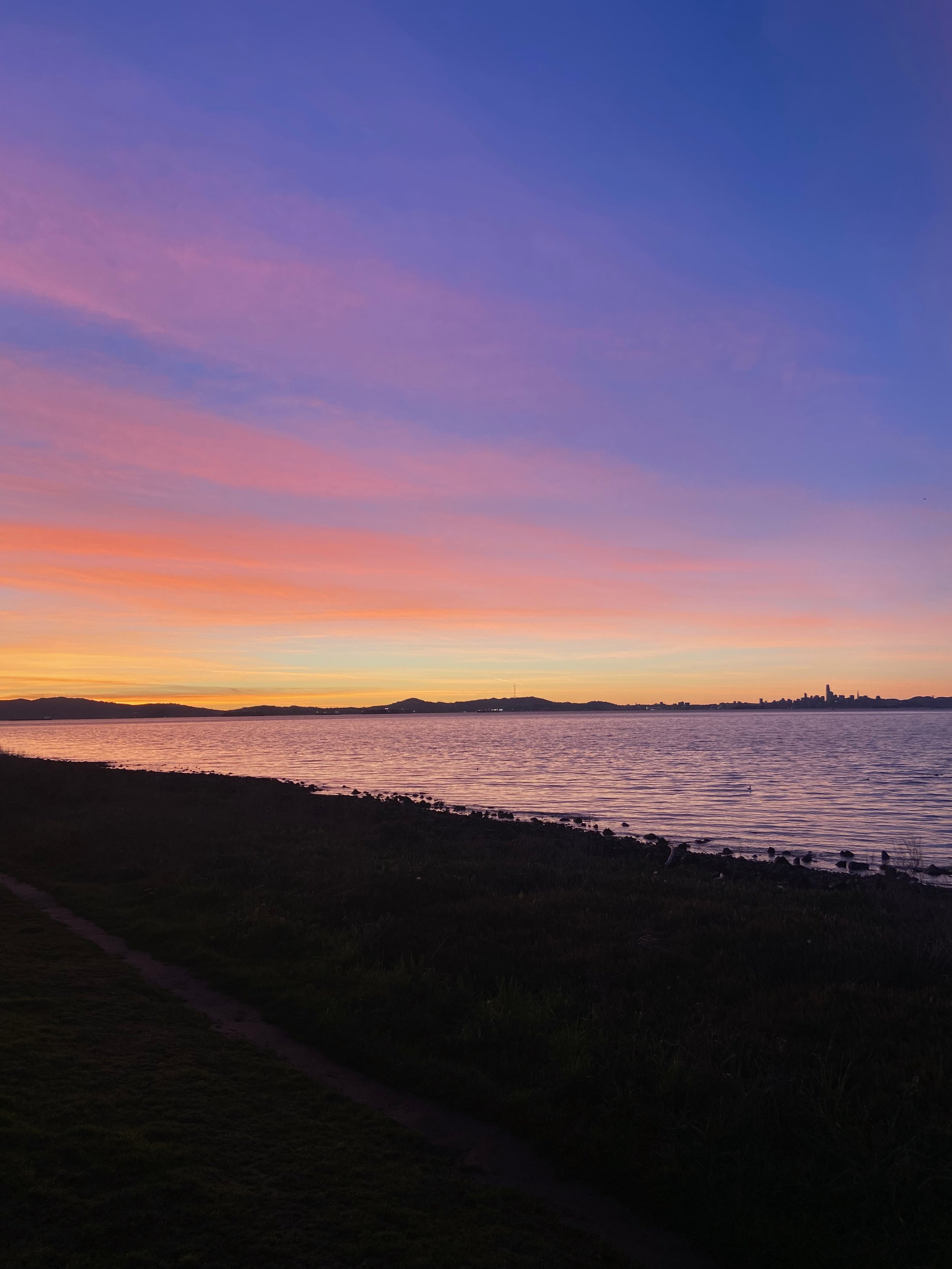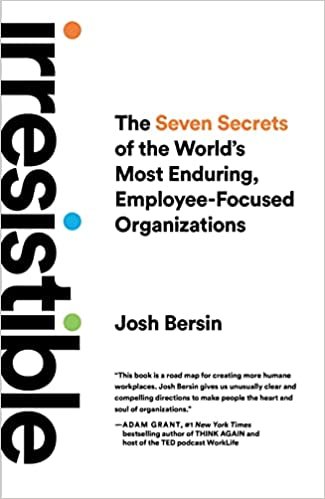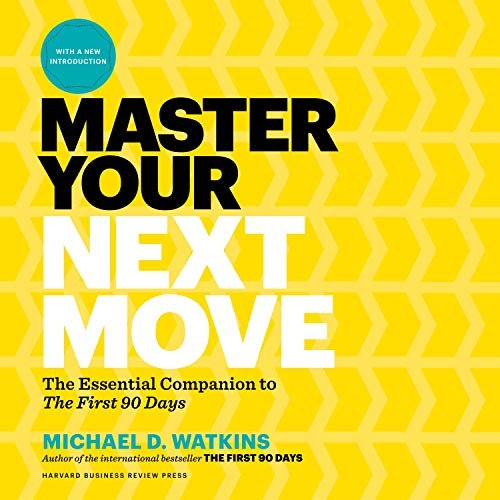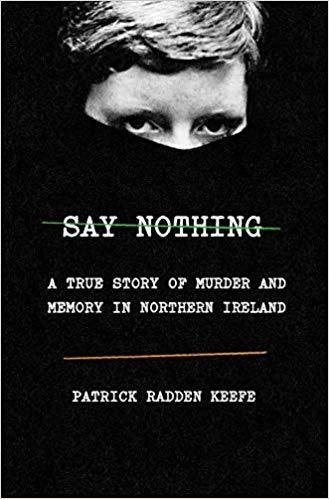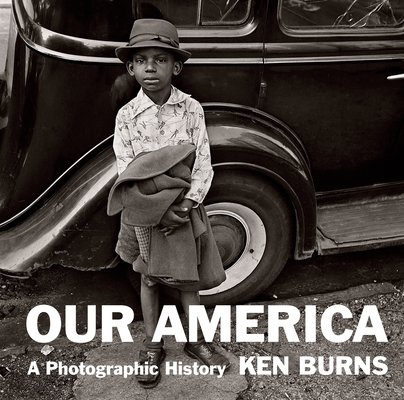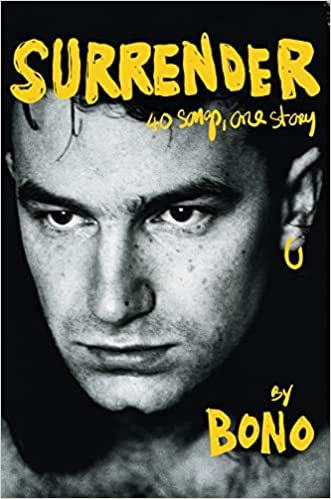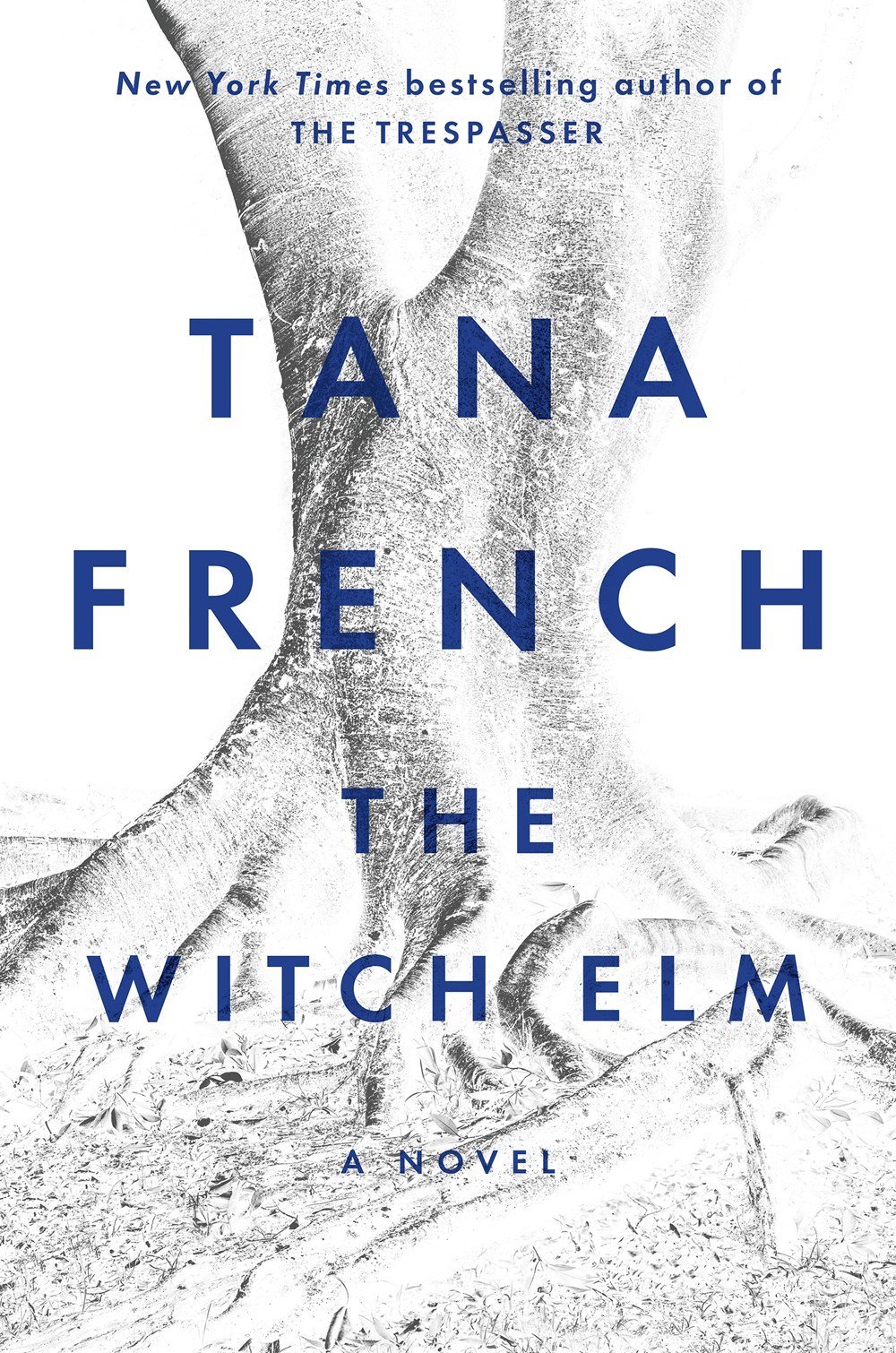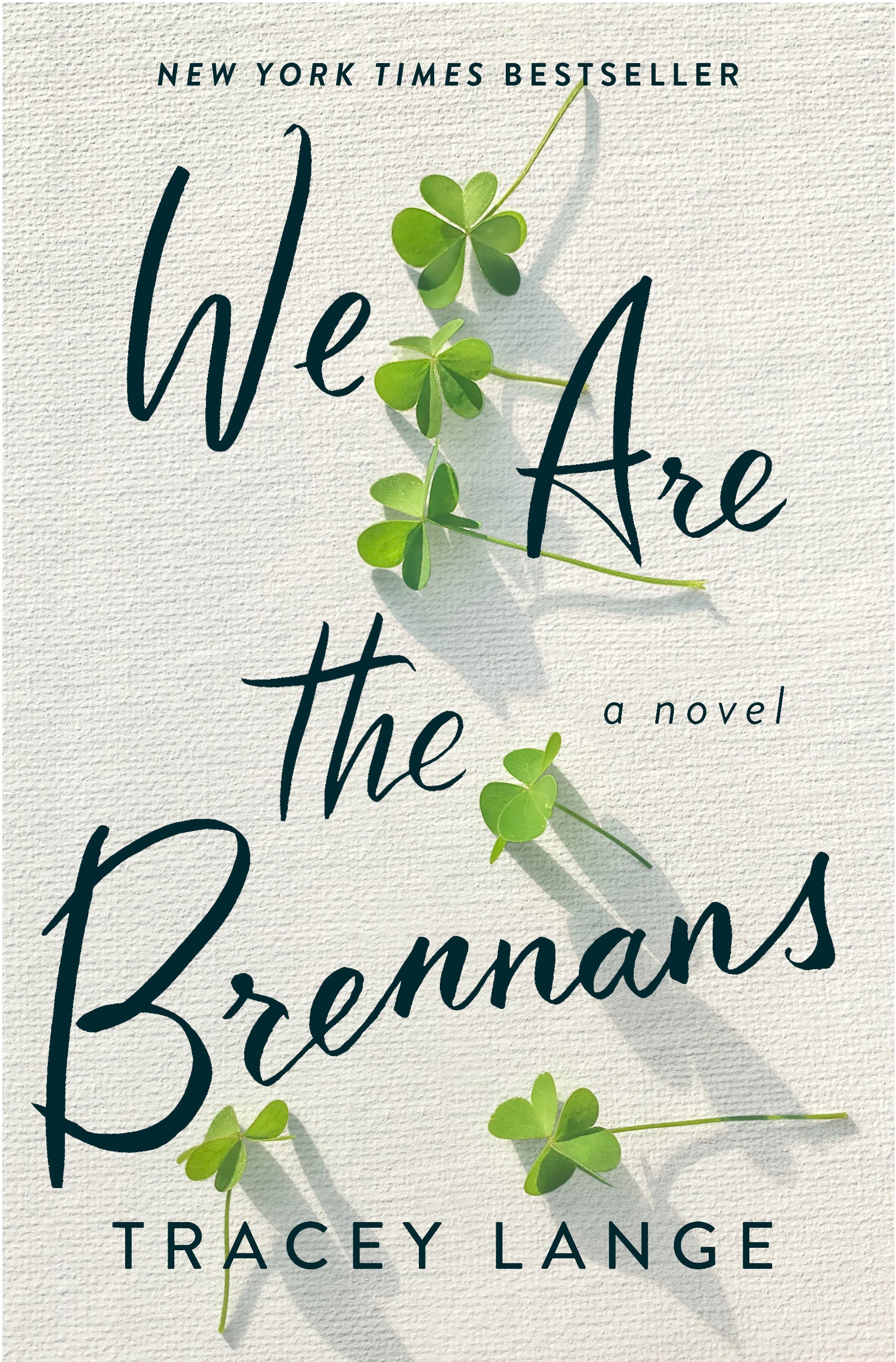"Reading is migratory…”
Photo Credit: Cameron Jordan, Bay Farm Island, CA. December 2022.
Greetings -
I hope you, your families and friends are healthy and enjoying the start of 2023! Our family is doing well, all things considered here in the Bay Area. On a high note, we managed not to float away over the last few weeks. I am from the Pacific Northwest and have a pretty high tolerance for rain, but it has been ridiculous here. Thankfully, we only have some minor home issues to deal with and are really quite lucky.
Prior to the deluge, we had a lovely, if low-key, holiday season. Our daughter was home for a month from school and we thoroughly enjoyed our time together. It is always a treat to have her visit with us!
As I resume writing, I thought it might be nice to lead off with a recap of the great books I read over my break. They are listed in no particular order or reading preference. I hope you enjoy some or all of them as much as I did.
In the second half of this edition, I am including my favorite 2022 reading and listening for ease of reference. I welcome your suggestions as well. (There is also a link to my post last year where I compiled several years of my reading and listening that has and continues to speak to me. Enjoy!)
I will be back in a couple of weeks with our regularly scheduled content and programming.
As always, happy reading and listening!
Be well and take good care of your families and community,
-kj
"Reading is migratory, an act of transport, from one life to another, one mind to another." - Jenny Xie
"Get me a room at Hotel Eternity / Where Time likes to stop now and then." - Charles Simic
January
by Charles Simic
Children’s fingerprints
On a frozen window
Of a small schoolhouse.
An empire, I read somewhere,
Maintains itself through
The cruelty of its prisons.
Charles Simic, was a poet, Pulitzer Prize winner, MacArthur Foundation genius award recipient and poet laureate of the US. We lost this literary luminary earlier this month (1938-2023). A big thank you AC for introducing me to Simic's work.
Great Reads To Start 2023
Non-fiction
"...Renowned industry analyst Josh Bersin introduces a new way to think about organizational design, employee engagement, and employee development. Distilled from decades of research and management theory into seven practical yet profound management principles, Bersin outlines how business leaders can create enduring companies that thrive with improved customer satisfaction, employee retention, and business agility." [KJ plug - this is a fantastic, easily consumable and eminently pragmatic, data and insights driven work.]
Master Your Next Move: The Essential Companion to The First 90 Days, by Michael D. Watkins
"Master Your Next Move answers a distinct need, focusing on the most common types of transitions leaders face and the unique challenges posed by each. Based on years of research, and now with a new introduction, this indispensable book explores eight crucial transitions virtually everyone encounters during their career, including promotion, leading former peers, onboarding into a new company, making an international move, and turning around a business in crisis. With real-world examples and many practical models and tools, Master Your Next Move is your guide to surviving and thriving as you make your next move...and every one after that."
Say Nothing: A True Story of Murder and Memory in Northern Ireland, by Patrick Radden Keefe
"In December 1972, Jean McConville, a thirty-eight-year-old mother of ten, was dragged from her Belfast home by masked intruders, her children clinging to her legs. They never saw her again. Her abduction was one of the most notorious episodes of the vicious conflict known as The Troubles.
...Patrick Radden Keefe's mesmerizing book on the bitter conflict in Northern Ireland and its aftermath uses the McConville case as a starting point for the tale of a society wracked by a violent guerrilla war, a war whose consequences have never been reckoned with. The brutal violence seared not only people like the McConville children, but also I.R.A. members embittered by a peace that fell far short of the goal of a united Ireland, and left them wondering whether the killings they committed were not justified acts of war, but simple murders."
Our America: A Photographic History, by Ken Burns, Sarah Hermanson Meister (Introduction)
"From one of our most treasured filmmakers, a pictorial history of America--a stunning and moving collection of some of Ken Burns's favorite photographs, with an introduction by Burns, and an essay by longtime MoMA photography curator Sarah Hermanson Meister."
Surrender: 40 Songs, One Story, by Bono
"Bono--artist, activist, and the lead singer of Irish rock band U2--has written a memoir: honest and irreverent, intimate and profound, Surrender is the story of the remarkable life he's lived, the challenges he's faced, and the friends and family who have shaped and sustained him."
Fiction
The Witch Elm, by Tana French
"Toby is a happy-go-lucky charmer who's dodged a scrape at work and is celebrating with friends when the night takes a turn that will change his life: he surprises two burglars who beat him and leave him for dead. Struggling to recover from his injuries, beginning to understand that he might never be the same man again, he takes refuge at his family's ancestral home to care for his dying uncle Hugo. Then a skull is found in the trunk of an elm tree in the garden - and as detectives close in, Toby is forced to face the possibility that his past may not be what he has always believed."
We Are the Brennans, by Tracey Lange
"In the vein of Mary Beth Keane’s Ask Again, Yes and Cynthia D'Aprix Sweeney's The Nest, Tracey Lange’s We Are the Brennans explores the staying power of shame―and the redemptive power of love―in an Irish Catholic family torn apart by secrets."
My 2022 Favorites (all selections appeared in previous newsletter editions)
Articles
Harvard Business Review: What Motivates Lifelong Learners. John Hagel III, explores what he terms "the right kind of learning;" those who create new knowledge rather than just passing on existing knowledge and skills. "Cultivating the passion of the explorer enables innovative thinking in the organization at a whole new level. The institutions that restore our humanity in this way will unleash a much more powerful form of learning among all workers that will lead to exponentially expanding opportunities. But harnessing that opportunity requires us to move beyond fear and to find and cultivate the passion of the explorer that lies waiting to be discovered in all of us."
Failure and Rescue, by Atul Gawande, MD, is his commencement address to the 2012 graduating class of Williams College. Insightful and thought-provoking, Dr. Atul Gawande's perspective continues to resonate. As we aspire to professional goals, seize opportunities and propel our careers forward, we will make mistakes and fail. What we learn, how we adapt and the steps we take to further our development matter most. "...A failure often does not have to be a failure at all. However, you have to be ready for it—will you admit when things go wrong? Will you take steps to set them right?—because the difference between triumph and defeat, you’ll find, isn’t about willingness to take risks. It’s about mastery of rescue."
Harvard Business Review: You’ve Reached an Inflection Point in Your Career. What Now? The authors note that "the key to navigating the unknown is to rethink our relationship with change and to recognize that what now? moments can be an invitation to inquiry and exploration rather than a threat. This means acknowledging that new circumstances may lead us to freeze or react without thinking, and that our first impulse is something we can temper with attention and practice...[We can] view points of inflection as opportunities to reflect on our commitments, examine our priorities, and course correct when necessary. Learning to do so is a professional and personal development imperative in times of uncertainty and change."
Harvard Business Review: How to Figure Out What You Want Next in Your Career. "Finding an employer and role that are value-aligned can reveal opportunities that you might not have thought about or even noticed before. You might consider taking a job with a different title than you’ve had before because of the contributions you would be making and the expertise you would gain, as well as the quality of teammates and opportunities for advancement toward where you truly want to be in life. This is how you seize opportunities that otherwise would have passed you by unnoticed."
Harvard Business Review: Stop Offering Career Ladders. Start Offering Career Portfolios. "Employees want to be seen, valued, and listened to. They want equity, dignity, security, balance, flexibility, and autonomy. They expect opportunities for growth, learning, meaningful contribution, and fulfillment...The question is no longer 'What do you do?' but rather 'Who do you wish to be and become?' Talent attraction, career development, and professional identity are all in flux."
Harvard Business Review: The Real Secret to Retaining Talent. "The requirements for talent management in the modern economy may feel daunting...Top talent enables outcomes that otherwise wouldn’t be possible—special, tail-of-the-distribution-curve outcomes. If you rely on these people for outstanding organizational performance, you must treat them as valued, unique individuals. Never dismiss their ideas, never allow their progress to be blocked, and never miss the chance to shower them with praise when they succeed."
Harvard Business Review: The Art of Asking Great Questions. This piece posits that curiosity and provocative, aperture-widening questions are exceedingly helpful (if not always comfortable) to being present to and successfully navigating inflection points. When done with intent and a desire to grow, a commitment to ask before assuming or asserting fuels trust, deference to expertise and humility. Questions can ignite generative environments that inspire depth of inquiry, breadth of imagination and leaps in innovation.
Harvard Business Review: When Women Leaders Leave, the Losses Multiply. The authors urge "....organizations [to] promote principles and practices that: promote gender equity, develop compassionate leadership, and increase learning through intentional peer coaching and advisory circles for men and women."
Harvard Business Review: How to Do Sponsorship Right. "...We become who we are with help and support from those around us, and we all yearn for authenticity in our significant relationships. The same needs and desires underlie developmental relationships in the workplace...If we want to realize the full benefits of developmental relationships—and ensure that members of underrepresented groups share equally in them—we need to create the organizational conditions that will allow a new model of authentic sponsorship to emerge."
Harvard Business Review: Do You Tell Your Employees You Appreciate Them? "Recognizing employees for the good work they do is a critical leadership skill – and has an impact on morale, productivity, performance, retention, and even customer satisfaction... Managers who are rated in the top 10% for giving recognition are much more likely to have employees who report feeling engaged, confident they’ll be treated fairly, and willing to put in higher levels of discretionary effort."
Chief: Stop Calling Them Soft: Why Today’s Essential Skills Are Anything But. "By reframing how we think and communicate these types of skills, we can broaden our perspective of who might have them and how we can train for them, thereby creating leaders who are flexible, resilient, and enduring — anything but soft."
Book
The Extended Mind: The Power of Thinking Outside the Brain, by Annie Murphy Paul
"The Extended Mind outlines the research behind this exciting new vision of human ability, exploring the findings of neuroscientists, cognitive scientists, psychologists, and examining the practices of educators, managers, and leaders who are already reaping the benefits of thinking outside the brain. She excavates the untold history of how artists, scientists, and authors—from Jackson Pollock to Jonas Salk to Robert Caro—have used mental extensions to solve problems, make discoveries, and create new works. In the tradition of Howard Gardner’s Frames of Mind or Daniel Goleman’s Emotional Intelligence, The Extended Mind offers a dramatic new view of how our minds work, full of practical advice on how we can all think better.”
Blog Posts & Opinion
The Daily Stoic: You Have To Get To The Outside. "This is what we need to do as well, in sports, in life, in our thinking, in our choices. Get to the outside. Don’t be trapped inside. Get perspective."
Farnam Street: The Laws of Simplicity. “Simplicity is about subtracting the obvious, and adding the meaningful.”
Paul Graham: The Top Idea In Your Mind. "I suspect a lot of people aren't sure what's the top idea in their mind at any given time. I'm often mistaken about it. I tend to think it's the idea I'd want to be the top one, rather than the one that is. But it's easy to figure this out: just take a shower. What topic do your thoughts keep returning to? If it's not what you want to be thinking about, you may want to change something."
Forbes: Small Business: What My Immigrant Parents Taught Me About The American Dream. "If my parents taught me anything, it’s that everyone should feel empowered to pursue their dreams. Even though I have learned that no one’s journey to the American dream is guaranteed or certain, new institutions that understand the grit and resolve behind entrepreneurship are increasing the chances of success." [KJ Note: Thomson is a client, friend and stellar human being. He kindly agreed to let me post his piece here.]
Seth's Blog: When We Look In the Mirror. "It turns out that when you’re surrounded by people who care about you, when you have freedom and a chance to lead, you can become a different, more generous, happier, more powerful, more friended version of yourself."
David Brooks: What Is It About Friendships That Is So Powerful? "It’s interesting to me that one of the most powerful tools for improving a person’s life prospects is something that is not intentionally about improving life prospects. We don’t enter friendships with the goal of getting more successful (at least if it’s a true friendship). We don’t enter into friendships to improve each other. We enter friendships because we delight in each other’s company. We enjoy the same activities and interests."
Podcasts
Dare to Lead with Brene Brown: What’s Happening at Work, Part 1 of 2 with Adam Grant & Simon Sinek. "What’s happening in the workplace right now?...We talk about what we are seeing in organizations across the world—and there are definitely some trends that emerge. And so much learning. We talk about disconnects between what we know from data and what we’re seeing practiced. We also talk about what high performers actually look like and the most meaningful way to succeed."
Dare to Lead with Brene Brown: What's Happening at Work, Part 2 of 2 with Adam Grant & Simon Sinek. "...The three big topics we cover here: (1) quiet quitting—what it is, what it isn’t, what we think about it; (2) engagement—how you define it, how you foster it; and (3) boundaries—not just setting them, but also respecting them."
The Ezra Klein Show: Timeless Wisdom for Leading a Life of Love, Friendship and Learning. “Today, we are supercompetent when it comes to efficiency, utility, speed, convenience, and getting ahead in the world; but we are at a loss concerning what it’s all for,” Leon Kass writes in his 2017 book “Leading a Worthy Life.” “This lack of cultural and moral confidence about what makes a life worth living is perhaps the deepest curse of living in our interesting time.”
Dare To Lead with Brené Brown: Brené with James Clear On Atomic Habits. "In part 1 of our series, we talk specifically about developing identity-based habits and how we can become the architects of those habits, not the victims of them. We also talk about the intersection of his work and mine, the collective stories we make up, and how our mindsets and our systems can set us up for success. [In part 2 or our series], ...we talk about how and why habits are atomic and how to build a habit or break a habit. We also look at our environments and how we can tweak them to support the habits we want to have, and then dive in and talk about organization habits and how we create habits in a team and in organizations."
The Knowledge Project: Seth Godin: Failing On Our Way To Mastery. "Seth and Shane chat about creative work, fear, shame, trusting yourself, what it means to be a professional, how to become an observer of reality, emotional labor, how we learn and so much more."
TEDVancouver: Do we see reality as it is? "Cognitive scientist Donald Hoffman is trying to answer a big question: Do we experience the world as it really is ... or as we need it to be? In this ever so slightly mind-blowing talk, he ponders how our minds construct reality for us."
The Tim Ferriss Show: Susan Cain. "Transforming Pain, Building Your Emotional Resilience, Exploring Sufi Wisdom, Tapping into Bittersweet Songs, and Seeking the Shards of Light." [KJ Note: Susan Cain curated a very eclectic Spotify playlist to accompany the release of her most recent book, Bittersweet: How Sorrow and Longing Make Us Whole. You can find the playlist here]
TED Radio Hour: Rosanne Cash: The Rhythm and Rhyme of Memory. "For decades, Rosanne Cash has soared through the ranks of music with her powerhouse poetic skills and wistful reflections on her past...We explore Rosanne's life and legacy through her music."
On Being with Krista Tippett: adrienne maree brown: “We are in a time of new suns.” "'What a time to be alive,' adrienne maree brown has written. 'Right now we are in a fast river together — every day there are changes that seemed unimaginable until they occurred'...This conversation shines a light on an emerging ecosystem in our world over and against the drumbeat of what is fractured and breaking: working with the complex fullness of reality, and cultivating old and new ways of seeing, to move towards a transformative wholeness of living."
TEDxBend: Why some of us don't have one true calling. "What do you want to be when you grow up? Well, if you're not sure you want to do just one thing for the rest of your life, you're not alone. In this illuminating talk, writer and artist Emilie Wapnick describes the kind of people she calls 'multipotentialites' -- who have a range of interests and jobs over one lifetime. Are you one?"
TED2022: You don't actually know what your future self wants. "You are constantly becoming a new person," says journalist Shankar Vendantam. In a talk full of beautiful storytelling, he explains the profound impact of something he calls the 'illusion of continuity' -- the belief that our future selves will share the same views, perspectives and hopes as our current selves -- and shows how we can more proactively craft the people we are to become."
TED2022: Why art is a tool for hope. "Famed for enormous black-and-white portraits that are pasted on surfaces ranging from the Louvre to the US-Mexico border wall, multimedia artist JR continues to tackle ambitious projects. In this powerfully moving talk, he shares how he made a giant mural on the courtyard floor of a maximum-security prison -- with the help of guards and prisoners alike -- and ended up with much more than a compelling image."
For prior year faves:
https://www.kevinjordan.coach/blog/2021/12/12/this-is-water-my-favorite-reading-amp-listening
